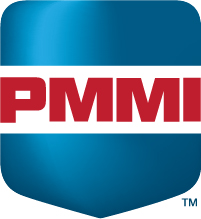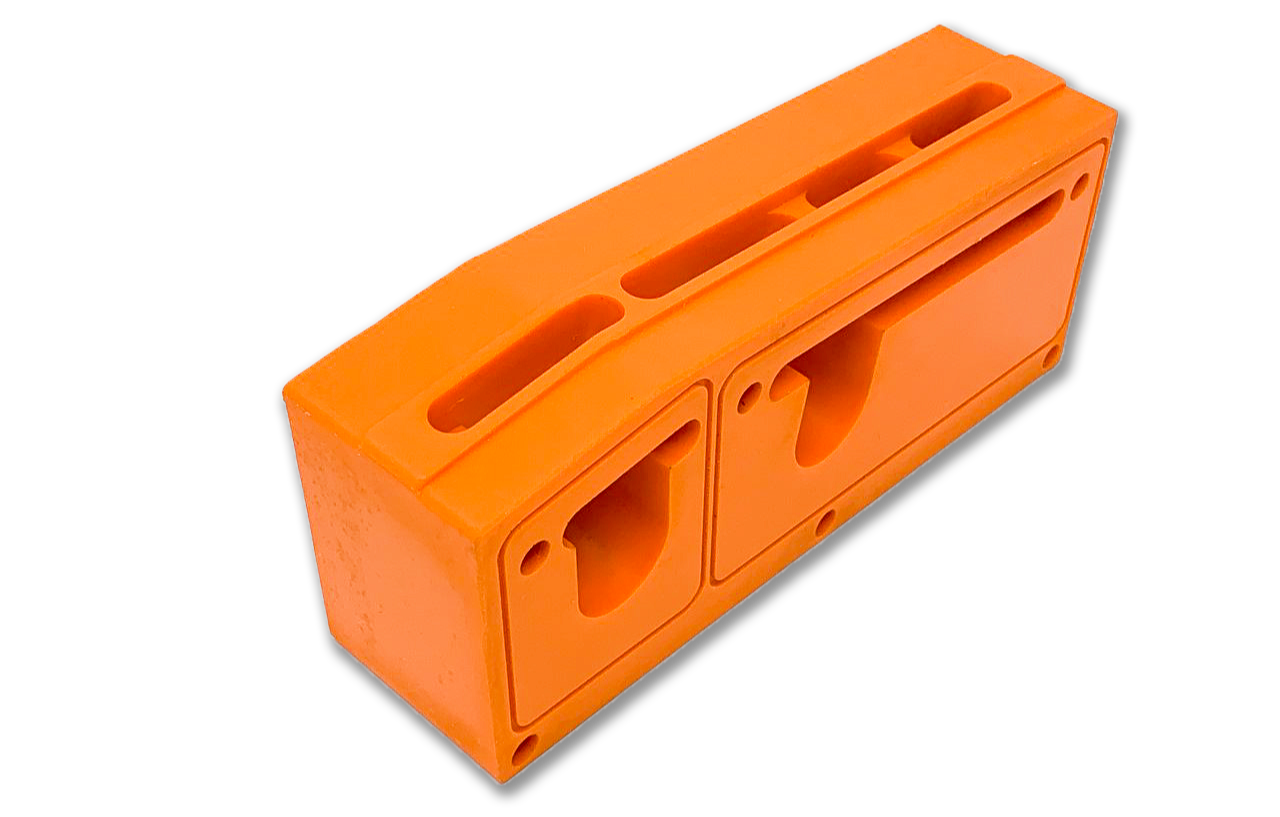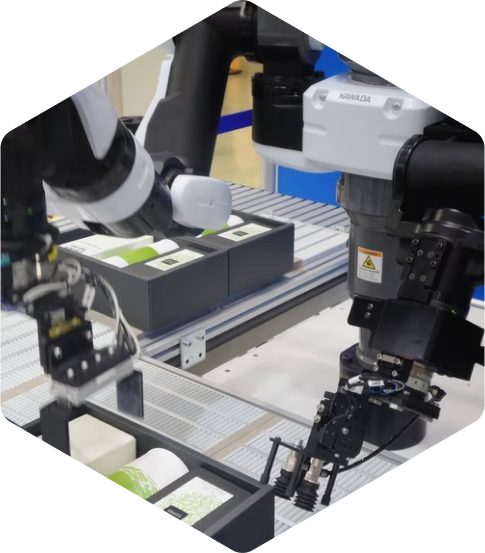Why is plastic used in manufacturing? Many view the material as weak and breakable, though that couldn’t be further from the truth. The versatility of plastics is limitless, especially in manufacturing. From abrasion and impact resistance to good chemical resistance, plastics and polymers can be used in a variety of high-capability applications.
Let’s discover the physical properties and tolerances of plastics and see just why they are a perfect solution for the manufacturing industry.
What are the Different Types of Plastics?
Plastic materials consist of long-chain molecules known as polymers. Plastics come in a wide range of colors and in transparent form, and plastics can have a rubbery or rigid texture. The types of plastic shapes include sheet, rod, hex, pipe, cubes, balls, and tubes. There are many different types of plastic materials including:
- Polypropylene (PP)
- Polystyrene (PS)
- high impact polystyrene (HIPS)
- acrylonitrile butadiene styrene (ABS)
- polyethylene terephthalate (PET)
- polyester (PES)
- polyamides (PA) (Nylons)
- poly(vinyl chloride) (PVC)
- polyurethane (PU)
- polycarbonate (PC)
- Polyethylene (PE)
What are the Properties of Plastics?
The capabilities between plastics, polymers, and metals all differ. Plastics are affordable, have easy machinability, are durable and have high strength, are electrically and thermally insulative, and have shock, corrosion, water, and chemical resistance.
The physical properties of plastics include factors such as high-temperature tolerances and tensile strengths which depend on their rigidity, chemical resistances, and capabilities.
3 Things to Keep in Mind When Manufacturing High-Performing Plastic Parts:
1. Add Radii to Sharp Inside Corners
When designing components that are manufactured in a rigid material, it is important to understand that rigid plastics are much more brittle than metal. With that being said, we suggest that wherever stress risers occur from sharp inside corners, add generous radii to inside corners to help distribute the load and minimize deformation or breakage during the manufacturing process.
2. Maintain a Uniform Wall When Molding Thermoplastic Materials
When it comes to compression molding and thermoset materials, we do not have to be very concerned about dissimilar cross-sections. However, most people are familiar with thermoplastic injection molding. Maintaining a relatively thin uniform wall thickness is crucial when making these components. Injection molding plastic is a high-temperature process and once molded, the material begins to cool and shrink. Since injection molded parts cool from the outside in, if a wall is too thick, the outer skin hardens but the interior mass of the part continues to cool and shrink, damaging the part cosmetically and dimensional. This causes surface distortion commonly called “sink”. However, by implementing uniform wall thicknesses, you promote uniform cooling, higher tolerances, and minimized distortion (warpage and sink), helping you to make a successful plastic part the first time.
3. Know the Difference in Tolerances When Engineering Plastics VS. Metals
Another consideration when designing plastic materials is that they cannot be held to the same tolerance levels and heat resistance as metals. Most metal parts are capable of being manufactured to high precision levels, while only tight tolerances in elastomers are achievable.
Elastomers, both rigid and soft, have a much greater thermal expansion and contraction rate than metals. This drastically affects the achievable tolerance levels of the finished application. If components need tighter tolerances, filled materials tend to be much more dimensionally stable. Since many elastomers are hygroscopic, they absorb or dissipate moisture. This causes them to grow or shrink depending on the humidity level in the atmosphere.
Find Your Solution With OMNI
At OMNI, you can trust that all of these things are taken into consideration when developing the right material and design for any application you may have.
Achieving the proper design starts with the environment and the proper material, to ensure that both dimensional and physical requirements are achieved. OMNI is a leading designer and manufacturer of dynamic polyurethane components. We provide our partners with the most durable, molded polyurethane components for their equipment. Let’s work together to help you get the best value for your OEM parts. Get in touch with OMNI today to get started!







